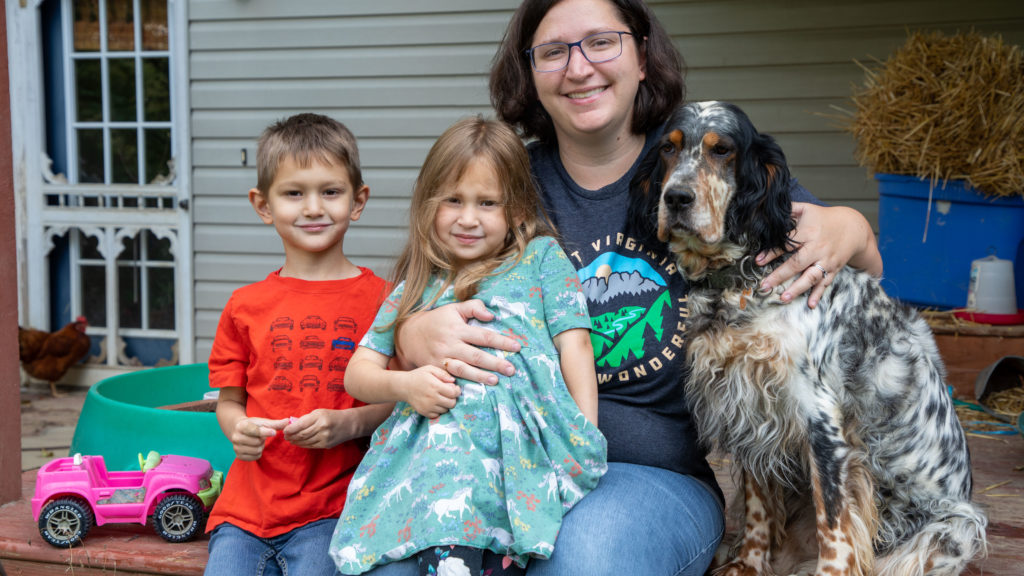
On this episode, reimaginED senior writer Lisa Buie talks with Katie Switzer, a soon-to-be-mother of five who played a key role in helping overturn a court ruling that shut down West Virginia’s new Hope Scholarship program about a month before schools were set to re-open for the 2022-23 academic year.
Switzer, founder of a part-time forest school for families, and another parent were intervenors in the appeal of the circuit judge’s ruling. They were represented by the Institute for Justice, a national non-profit public interest law firm that supports giving parents the opportunity to choose the best educational fit for their children.
In January, the Cardinal Institute for West Virginia Policy honored Switzer as its Advocate of the Year for education choice.
“My dream is not to get rid of public schools. I don’t think that’s the answer. I think the answer is just to change the system so that we can give public schools flexibility so they don’t have to be these big, one-size-fits-all classrooms and these huge buildings and kids who have ADHD and don’t fit in get lost because they don’t want to deal with them.”
Switzer talks about her own experience in public schools in New York, which she described as “middle of the pack” in terms of quality metrics. She says how she was shocked to learn after moving to Morgantown, W. Va., that her children’s school district, which was ranked third in the state, delivered results that were worse than the middling schools she attended.
Switzer also shares the story of her second child, Ruth, who has apraxia of speech and dyslexia, benefited from therapies that she can now use Hope Scholarship funds to pay for. She also recalls the day that the circuit judge granted a permanent injunction shutting down the Hope Scholarship program and the “chaos” that resulted from families who were left scrambling for alternatives with about a month before classes were set to resume.
She recalls the fear she felt about having her name on the appeal and how she refused to let her kids attend their local public schools during that time to avoid any possible retribution from Hope opponents. Switzer also shares her emotions upon hearing about a victory at the West Virginia Supreme Court and how she can use the funds to customize her school-age children’s education.
An entrepreneur herself, Switzer talks about establishment of her forest school for young children and their parents to learn about science and nature.
EPISODE DETAILS:
- Switzer’s district school and how it compares with her children’s zoned district schools in Morgantown, W.Va.
- How education choice opponents behaved during a charter school meeting for parents
- Her reactions to a judge’s shutdown of the Hope Scholarship program
- Switzer’s decision to be an appellant during the successful effort to overturn the shutdown of the Hope Scholarship education savings account program
- How her school-age children are benefiting now that the Hope Scholarship program has been allowed to resume
- How Switzer’s Monogalia Forest School grew from 13 families to more than 60 in about two years
- Switzer’s vision for the role district schools play in education choice
RELEVANT LINKS:
https://www.hopescholarshipwv.com/


